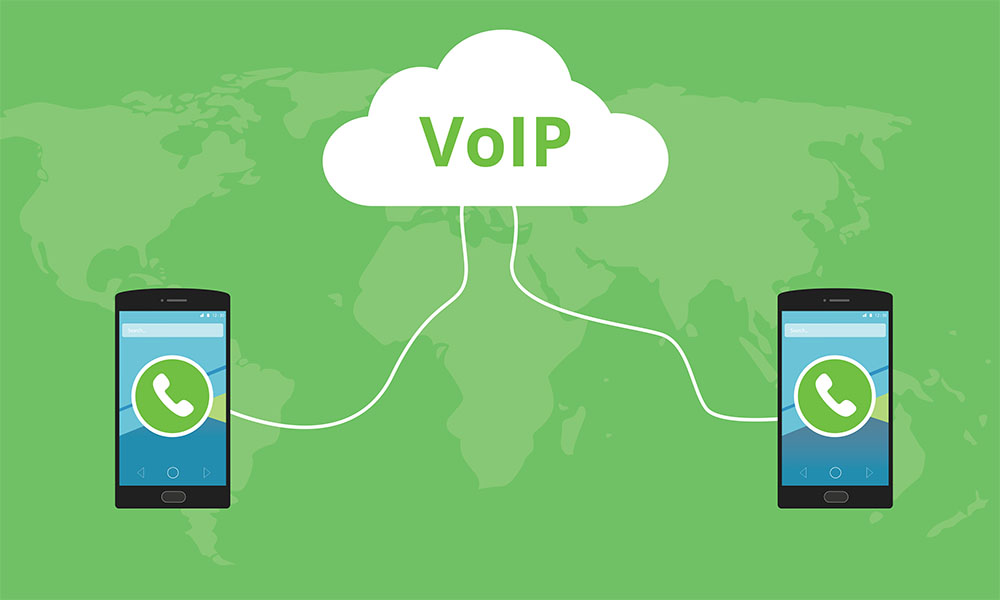VoIP system stands for Voice over Internet Protocol and this is a way to manage telephone calls over your fast internet connection rather than through a landline cable. You will probably be familiar with companies such as Skype that offer this on a personal level as well as professionally, and there are a range of other organisations offering VoIP services around the country.
Businesses are increasingly switching from ISDN and landlines to VoIP services because VoIP tends to be:
- Less expensive – you will most likely pay a set amount, regardless of the number of calls that are made
- More flexible – you get your calls no matter where you are, as long as you are logged into your computer
- More capable – with VoIP you can often carry out group conference calls, for instance, or have improved caller ID systems.
The increasing availability of broadband technology means that being logged into your computer account, whether you are at home, in a café or even just at a colleague’s desk, means you are reachable by phone.
Your company will spend less while getting more functionality, and the costs of individual phone calls shrink when compared to an overall price for all VoIP connectivity.
Choosing a VoIP Phone service provider
Managed IT Service Providers (MSP) can offer advice about the best VoIP service provider for your company. There are a range of VoIP providers, each of which offer different features and benefits that will suit different organisations needs.
When making your choice, start here:
The first step to take is to ensure that you have the best internet speed possible. The last thing you want is to install a shiny new VoIP system and find that your WiFi just isn’t powerful enough to enable you to make faultless calls.
Next, establish how much you are currently paying for your telephone landlines. Don’t forget to include any additional fees on top of your calls and line rental, such as caller ID or conference calling facilities.
Consider a VoIP provider’s reputation, too. Look at online reviews before making a decision and consider getting feedback from contacts at other companies who have already made the switch. You will want to look at how reliable the connectivity and service are, while also taking into account how good a company’s customer service is, too.
From here, you can start to look at VoIP options from an informed position, so that you know for sure how much you are saving and how much you are willing to invest in these services. Also find out whether it is straight-forward to keep your existing numbers (you don’t want to have to spend the next few months informing every customer, supplier and partner of your new contact details) and whether you can have phone numbers with a local dialling code.
Finally, you may want to prioritise VoIP providers that also offer mobile apps, for ease of calling. Remote workers will be able to use the communal telephone service, and costs could be saved on mobile phone calls when staff know to use the app, instead.

